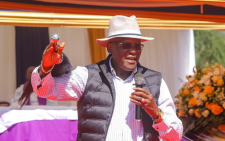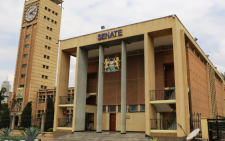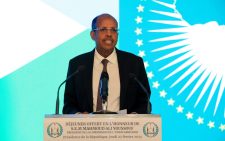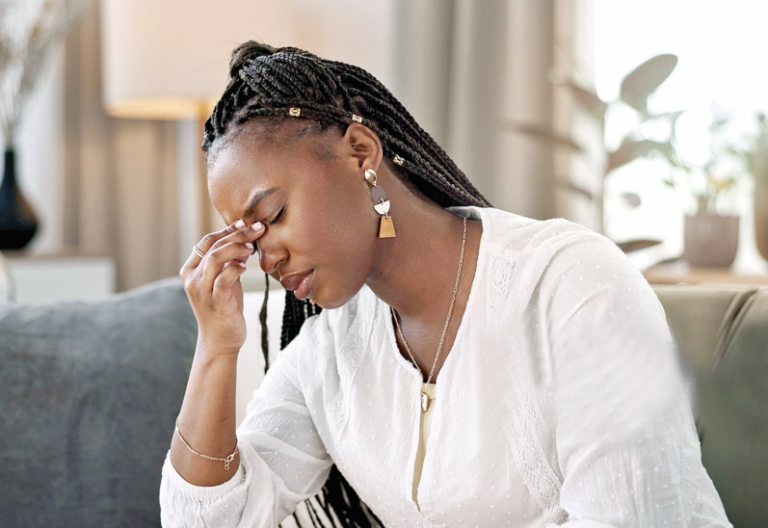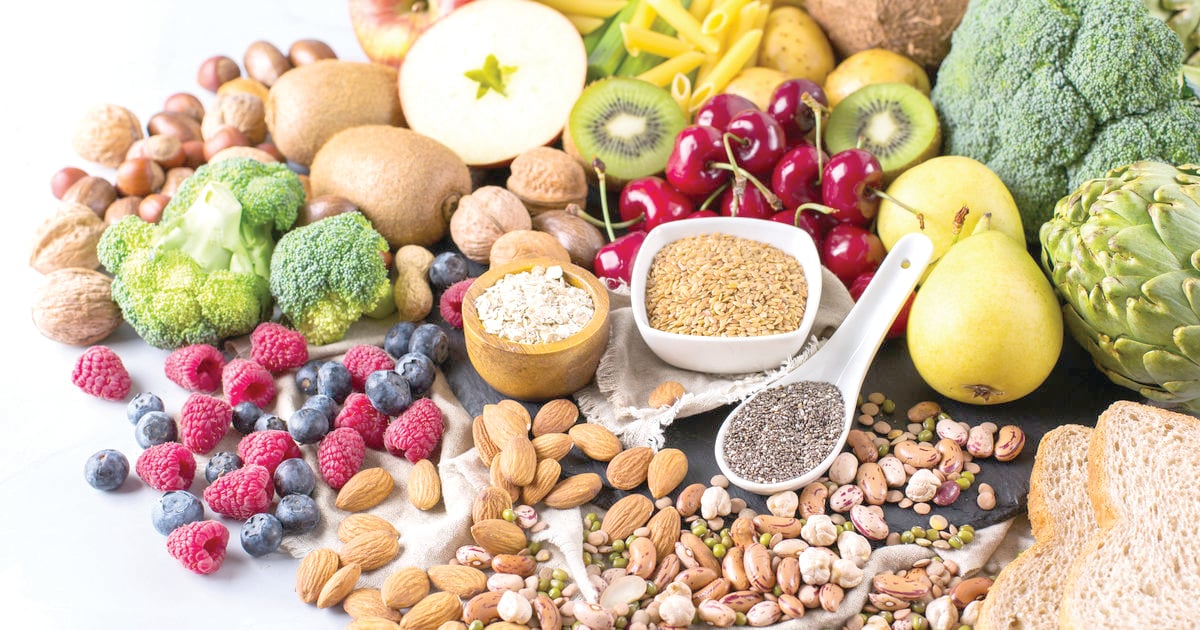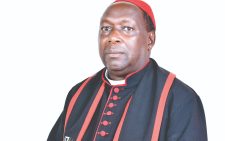Embracing spiritual healing – meet Sister Tibebwa Selassie
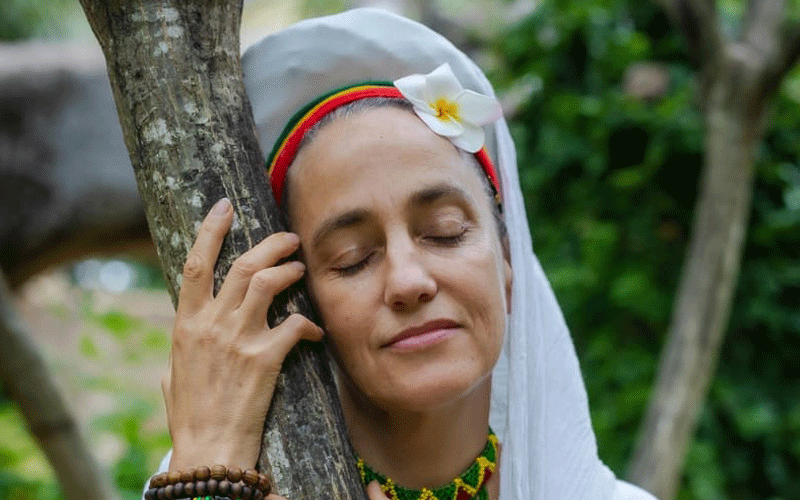
While curing is physical, alleviating the signs and symptoms of a disease, feeling better requires more than that, as Sister Tibebwa Selassie, a herbalist of 25 years reveals
Jasmine Atieno @sparkleMine
When many hear of spiritual healing, what comes to mind is a picture of a pastor, laying hands on a worshipper, shouting ‘receive’ and some incoherent words.
But this is far from the truth, spiritual healing is not linked to a particular religion.
The word ‘spiritual’ originates from the Latin word ‘spiritus’ meaning ‘breath of life’.
The spiritual aspect refers to spiritual energy working at a deep level on our spiritual being.
Spiritual healers believe that the therapeutic effect results from the channeling of healing “energy”.
The central claim of healers is that they promote or facilitate self-healing in the patient.
However, no scientific evidence is available to support the existence of this “energy”, nor is there a scientific rationale for the concepts underlying spiritual healing.
However, experienced herbalist Sister Tibebwa Selassie has been a spiritual healer for over 25 years, a gift, which she came fully in touch with after becoming a first-time mum.
Now aged 51 years and having lived in different parts of the world, she runs a reforestation and consulting company in Kenya called Earth Love limited, which is active in environment conservation and community empowerment, both in Kakamega and Lamu.
War against disease
“Even as a little girl, it was already in me the urge to make people feel better, it took time for me to recognise it.
When I was 24, I had my first child. With the vulnerable situation of babies, I quickly wanted to learn how to protect my child,” Tibebwa recalls.
“Whenever I had an experience of hospital, I could see that people were being treated from a perspective of a war against disease, with the focus on eliminating the symptoms regardless of the effect on the patient.
I also learned of the many side effects of allopathic medicine (modern day science-based medicine).
I began to pay more attention to other forms of healing, especially with herbs,” shares the healer.
In his book, Spiritual Healing: Scientific Validation of A Healing Revolution, Daniel J Benor, a practicing wholistic psychiatrist says healing occurs on many levels, including body, emotions, mind, relationships with other people and the environment, and spirit.
Tibebwa on the other hand says, while curing is physical, alleviating the signs and symptoms of disease at the anatomical level, healing, in contrast, is spiritual and experiential-involving an integration of body, mind, and spirit.
“The two can occur together or separately; it is entirely possible to be healed without being cured or to be cured without being healed,” she says.
Self healing
“As human beings, we learn so much through our most difficult times, and we often go to a healer to take away that pain.
Many humans learn through pain, only the wisest learn through pleasure and happiness.
So people go to the doctor and the doctor gives them something that takes away that pain.
But then they never learn the lessons on how to change their life and get deep healing.
As a healer, it is important for me to understand where that person is in their life journey.
Are they willing to do the tiresome inner work and heal themselves?” she shares.
To Tibebwa, we are all healers. She sees healing as an energy or power that comes through us as we tune our vessels (bodies) to be able to channel that power.
“Healing oneself is beginning to listen to your body and what your body is telling you.
For example, every time you eat something that doesn’t agree with you, your body will tell you, especially when you eat it again and again.
(You feel bloated, your body itches, you pass gas, you are unable to sleep after eating), but often we don’t listen to it. We just push this feeling away,” Tibebwa explains.
“Healing yourself starts with listening to your body, your emotions and your spirit.
And from there it will bring you to a better relationship with food, being around humans who make you feel good rather than being continuously addicted to emotional drama, spending time out in nature and connecting to the energy in nature. This is taking responsibility for your own health,” she adds.
For spiritual healing, Tibebwa facilitates the session, which can entail taking people into practices that allow their emotions to come out. She uses two practices; Osho dynamic meditation and emotional flow.
“In effect, they are practices that take our bodies through rest, movement and through muscle tensing and relaxing.
It stresses the body to the extent that the emotions that had been pushed down can come up and out,” she adds.
For herbal healing, she allows her patients to describe how they feel, just as you would, if you visit a hospital, and then she advises on herbs to use.
“As a healer, it is important for me first to try to work out where the pain or symptoms are presenting themselves and their relevance to the patients’ emotional and spiritual state,” she says.
“Our emotions are connected to our body parts, and therefore can manifest as physical symptoms.
While presenting themselves, they may relate to underlying emotional or spiritual causes of the disease,” she explains.
Everything you feel translates to a certain process in the body. This holistic approach is popular in traditional Chinese medicine (TCM).
The “gut feeling” that many people believe in is real. There’s a strong connection between your gut and brain, so it comes as no surprise that it’s affected by strong emotions.
Strong connection
Anxiety is felt in the spleen, stomach, and pancreas. Excessive worry can trigger many digestive issues and negatively impact your overall quality of life.
People with emotional disturbances are more prone to constipation, spastic colon, and irritable bowel syndrome.
According to traditional medical systems, grief and sadness are felt in the lungs, skin, and large intestine.
Sadness depletes your body of energy and can cause chest pain, tightness, and shortness of breath.
In TCM, lungs are in charge of controlling your pores, which is why skin issues such as dryness and sensitivity can be the result of lung problems.
By understanding these connections, TCM practitioners explain how for example, an eye disorder such as conjunctivitis might be due to an imbalance in the liver.
Tibebwa knows how to make her own natural medicines, which she has through time shared with so many people without charging, using a donation or energy exchange based system.
“In energy exchange, you use some of your gifts in exchange for another person’s gift.
For instance, you are a doctor and I am a baker, I don’t pay you with money to treat me, but I bring you the bread that I baked.
So if I have a web designer, I can help them through the emotional trauma and they can help me out with my website.
Or someone can offer to babysit your children for an hour, in exchange for some equal time through healing,” she says.
Challenges abound
Being both a herbal and spiritual healer has also come with its many challenges.
For instance, the herbs need time to work, so in emergency situations when someone is sick or dying, it is not possible to inject them with the herbal medicine.
Also, the most powerful herbs she uses have strong tastes and are hard to prescribe for infants and toddlers, and still cannot be injected as a dosage.
As a herbalist it is also difficult for her to handle large numbers of patients all at once, as it is a challenge to prepare and keep enough stocks of herbs at hand.
